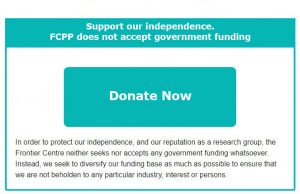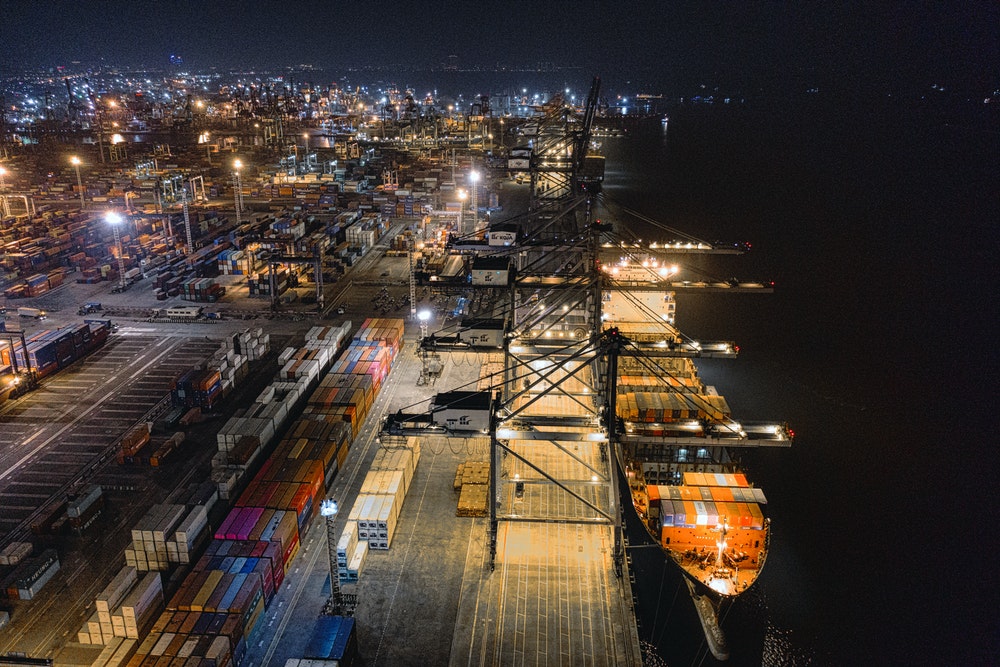Supply chain problems, both international and domestic, could create shortages and hoarding, and make recent inflationary pressures even worse. Although problems with our ports and railways may beg policy solutions, the short-term response of everyday Canadians should be to buy now while they still can.
Ninety per cent of world trade involves shipping, and many of the current and impending problems started here. By August of 2020 China had resumed regular manufacturing and exports but the West had not. Soon, it became more profitable for ocean vessels to leave western ports empty and return for more goods from China than wait for a ship in West Coast ports to be filled.
The World Container Index, set by supply chain advisors Drewry in the U.K., places the average cost of a 40-foot container at US$9,900.25, a rate more than four times what it was prior to the pandemic. Shipping a container from Shanghai to Los Angeles costs $10,808, but the return trip, if it can be arranged, is just US$1,307.
Bill Yu, CEO of Richland Agriculture Group Inc. in Saskatoon, understands why the ocean vessels are leaving without western cargo.
“If they don’t load anything, when they ship empty-container, it will help them save roughly 20 to 30 days,” Yu explained in an October interview.
“It was starting earlier last summer [2020], and then it’s getting worse and worse. And it’s even getting worse every day right now.”
To maximize profits, CN Rail downsized freight forwarding services through CN Worldwide in September. Exporters left high and dry, so to speak, found other shippers were taking orders three months in advance.
“As a business, we are facing a lot of pressure because people need to get paid…We have to figure out a way to move the [containers]; otherwise, nobody’s gonna stay in this business,” Yu said.
“It’s a huge problem for us.”
Although the coronavirus created new wrinkles, Greg Gormick, a train policy and communications advisor with On Track Strategies, says some of the problems are old.
“The whole global supply chain is out of whack and it has been for quite some time; the pandemic is just revealing its flaws,” Gormick said in an interview.
“It’s like all the chickens are coming home to roost. This has been brewing for decades, the cutting of the railway lines, letting shippers get away with moving their goods over the highways and externalizing their costs on our backs,” Gormick explained.
China makes 85 per cent of the world’s shipping containers and Gormick said, “In many cases they’re just dumping the containers” at western ports.
Gormick said the rail companies are “close to meltdown” and CN’s distribution centres and docks at the Vancouver Intermodal Terminal are overloaded. He said in one recent instance, only 97 of 285 reservations of containers headed for Brampton, Ontario could be delivered.
“They’ve got customers showing up at the gate [asking] ‘Where’s our container? Oh, it’s buried in the yard, we can’t get it out.’ No one factor is at fault here, it’s the whole slew of dominoes just going over one at a time: out of crews, out of track capacity, out of drivers, out of chassis, out of yard space,” Gormick said.
A Saskatchewan grain and poultry exporter alerted this author to the current problems. His name is withheld by his request, but his exports are withheld for other reasons.
“All the food grade seacans disappeared in June. So I can’t package anything and ship it anywhere,” he said.
Nor can he export it on the highway.
“My truckers won’t cross the border anymore; it’s just too hard. And then they go across to these big plants and [hear] ‘let’s see your vaccine ID here. I want to do a quick nasal swab’…Truckers are tired of it. They don’t want to do that. They don’t want to put themselves through five state troopers testing you at different states.”
The pandemic and rules around it have made some truckers unwilling to travel to the U.S. or even climb back in the cab at all.
“So here they are stuck in a coffin all day long with no human contact. Well, how long are they going to try? A lot of them are quitting because it’s a lonely, terrible life,” he explained.
The exporter says some of his own trucks are sidelined because he can’t get parts for repair. For his own farm operations, he has decided to revert to 10-year-old equipment just in case something goes wrong with computer chips that are unavailable.
“I bought all the Roundup I needed this year for this fall and for next spring and for next summer. I got all the chemicals I need because I pre-bought,” he said, adding that most other farmers he knows are stocking up as well.
“Just be prepared for a rough winter because you can’t dream up supply when there’s gaps. And you’re going to be out of a lot of things unless you hoard right now,” he said.
Consider yourself warned.
Lee Harding is a research associate with the Frontier Centre for Public Policy.
Photo by Tom Fisk from Pexels.



